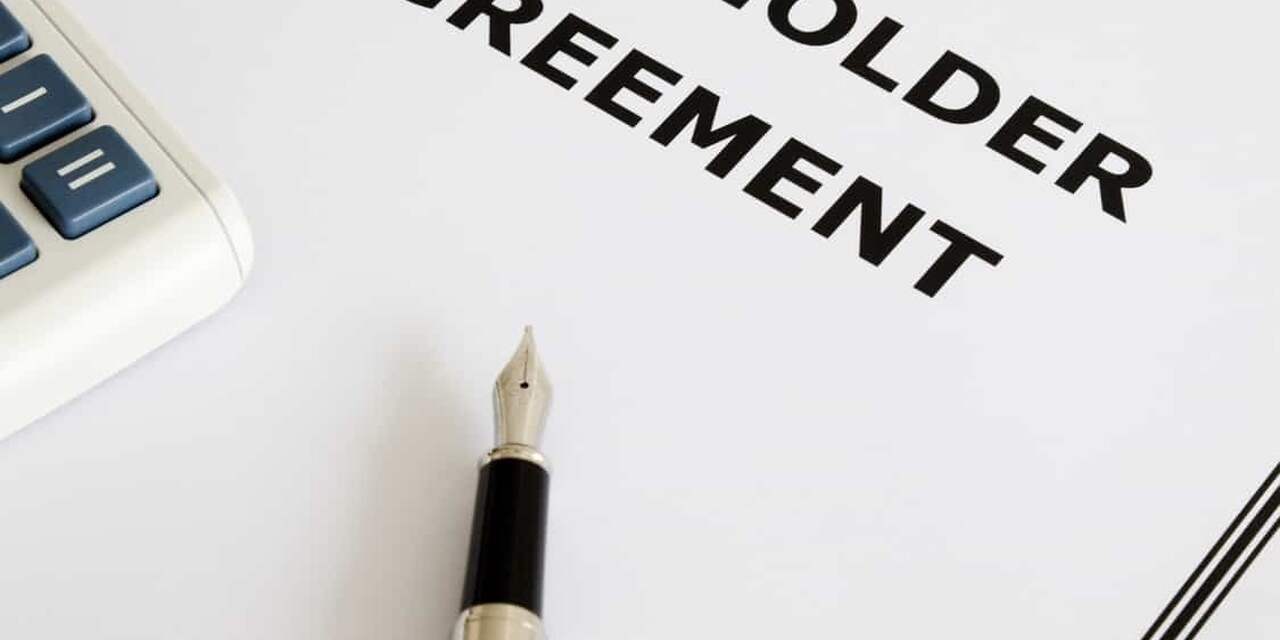Starting a business with a friend or family member can seem like a good idea, but if you don’t take certain actions when setting up the business, you could end up damaging the relationship, as well as spending your profits on legal fees.
One of the most effective ways of minimising costly business disputes between participants in a company is to seek professional advice early and to have a shareholder agreement prepared by an experienced commercial lawyer.
A shareholder agreement is a private contract made between all shareholders of a company and sets out the rights, obligations and liabilities of each shareholder, as well as the processes for resolving disputes and deadlocks. A shareholder agreement should be carefully drafted to ensure its validity and enforceability and to cover a range of contingencies.
A recent Federal Court case between co-owners of the popular Grill’d fast food empire clearly illustrates how failing to put in place a properly drafted shareholder agreement can not only take up a lot of the parties’ time and financial resources but also destroy friendships.
What started out as friends in business turned into an ugly and expensive dispute.
The Grill’d case
The case of Bainbridge Grill'd Pty Ltd & Ors v Simon Crowe & Ors in the Federal Court illustrates the potential pitfalls of not having a shareholder agreement in place.
Grill’d, the brainchild of friends Simon Crowe, Simon McNamara and Geoff Bainbridge, opened its first restaurant in 2004. Since its foundation, Grill’d has grown to over 100 stores Australia-wide and its present value has been estimated at $300 million.
In 2011, McNamara exited the business, leaving Bainbridge holding 25% of the shares and Crowe holding 75% of the shares.
For various reasons, the relationship between Bainbridge and Crowe deteriorated and in June 2016, Bainbridge commenced proceedings under the Corporations Act 2001. Bainbridge claimed that he had been denied access to the company’s books and records, and alleged that Crowe had breached his director duties by using company staff and resources to fund Crowe’s side venture, the chocolate company KoKo Black.
By counter-claim, Crowe sought an order for the forced sale by Bainbridge of his shareholding on the basis that the relationship had soured to the point that the continued involvement by both owners in the business would not be viable.
Bainbridge had once been the Master of Ceremonies at Crowe’s wedding, and now the pair had difficulty being in the same room together.
Lessons learnt
A properly drafted shareholder agreement could have avoided a lot of the issues in this case, for example by:
- including a non-compete clause which would have prevented Crowe investing in the rival business; and
- setting out an alternative dispute resolution process to be followed, which could have potentially resolved any disputes in a quick and cost-effective manner, before matters became too heated and relationships were damaged.
What should a shareholder agreement include?
A shareholder agreement should meet the specific requirements of the company and its shareholders and may include matters of management, confidentiality, and employee contracts and consultancy agreements.
This article sets out some other clauses that are typically included in shareholder agreements.
Conclusion
The ideal time for a shareholder agreement to be prepared is when the company is first created and the shareholders are amicable and are more likely to agree on the various terms of the shareholder agreement.
Shareholder agreements should be professionally prepared and tailored to the individual needs of the shareholders and the company.
If you or someone you know wants more information about shareholder agreements or needs help or advice, please contact us.

